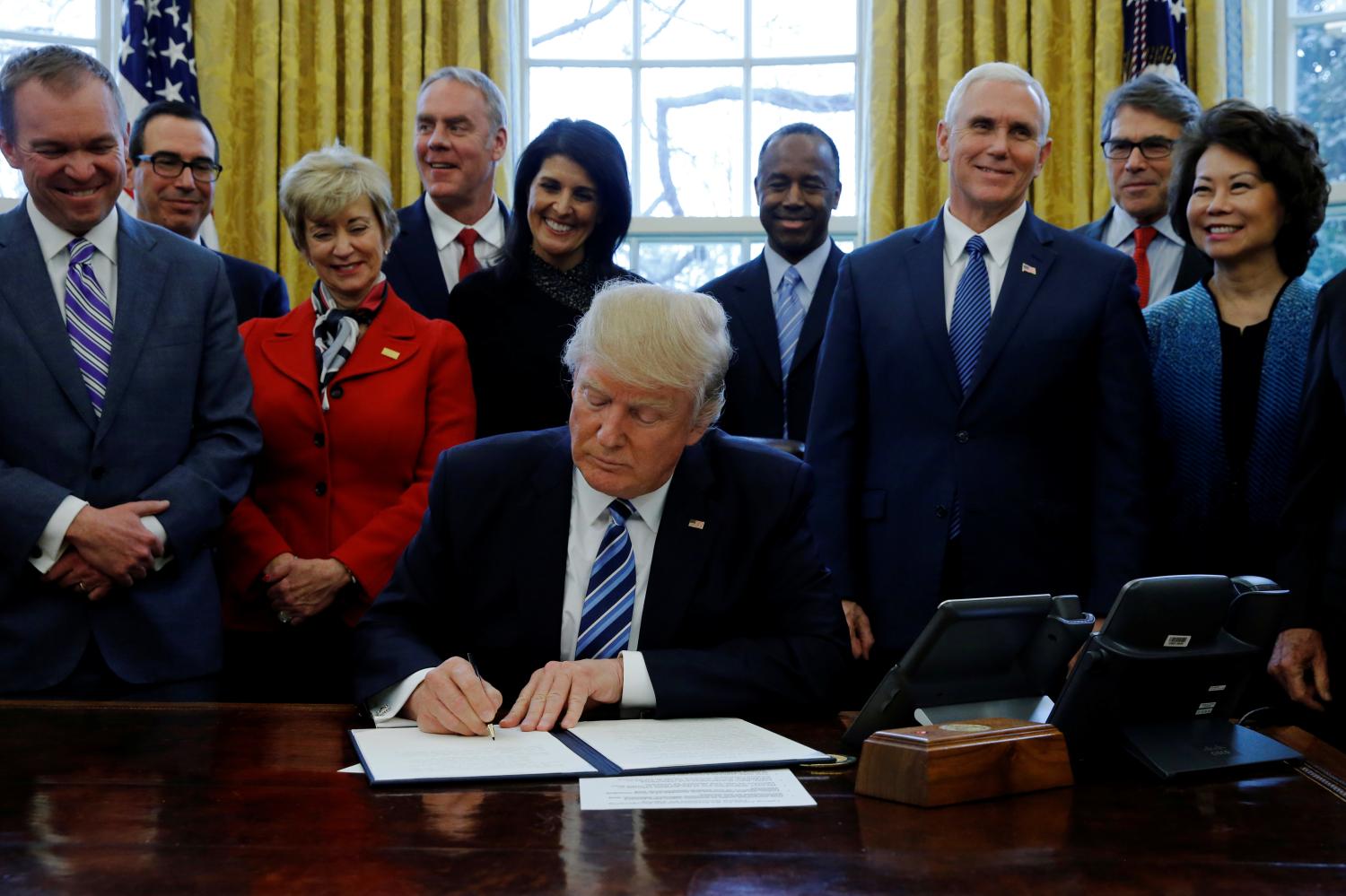Introduction
Post-partisan politics is seen as providing a cure for whatever currently ails American politics. We presently have partisanship, which the conventional wisdom holds we must move beyond. Left unclear though is what comes next. Politics without political parties? Political parties without partisanship? Self-designated inspirational leadership?
This paper will explore post-partisanship and the various forms of partisanship that currently exist in Washington. After gaining a deeper understanding, I conclude that partisanship continues to serve as the basis for the workings of American politics. I take as my theme the clear and forceful statement of political consultant Mark Mellman: “Partisanship remains the pre-eminent structuring principle of our politics.” (The Hill, February 17, 2009)
Partisanship cannot simply be wished away. It is not an evil concept to be chased out by the angels among us. It is not a synonym for “polarization,” though it is likely to reflect polar opposites when they exist. Partisanship, simply put, is the way lawmaking works in representative government.
The standard patterns of partisanship (pure, bi-, competitive, and cross) require superior leadership skills so as to recognize the political conditions most favorable to one form over another. Bluntly, our politics are partisan-based and will remain so.
Yet a post-partisan remedy has been offered. So what is it? Is such transformation underway? If so, are we cured of partisanship?
The Brookings Institution is committed to quality, independence, and impact.
We are supported by a diverse array of funders. In line with our values and policies, each Brookings publication represents the sole views of its author(s).



